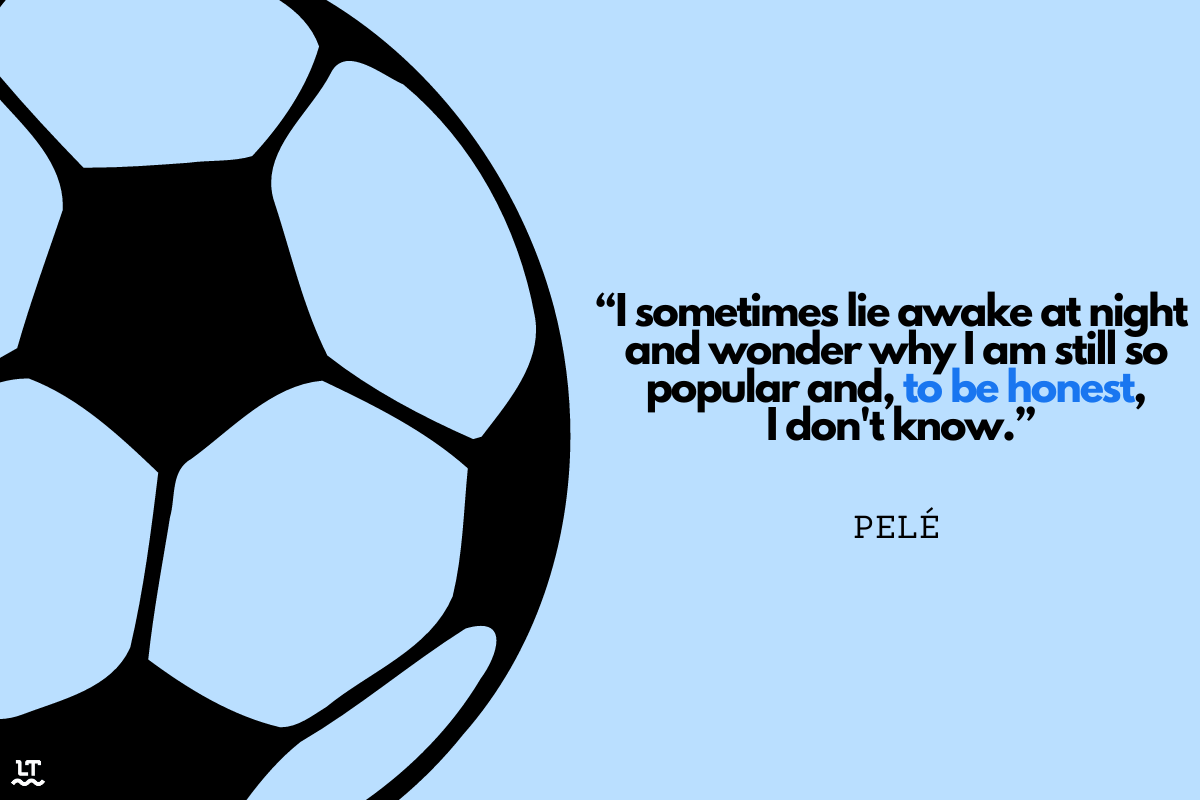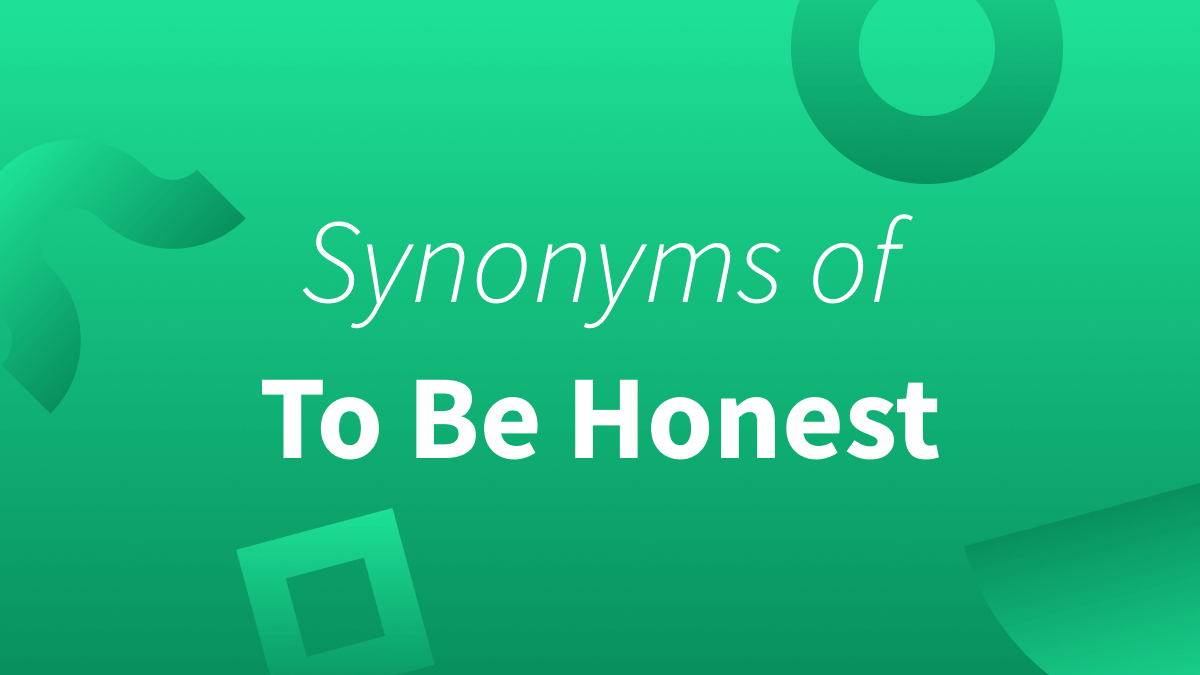Nine “To Be Honest” Alternatives
- Perhaps I’ve been unclear. Let me put it this way:
- Maybe the issue is this:
- Maybe this is a better way of looking at it:
- Frankly,
- As a matter of fact,
- Actually,
- To be fair,
- I hate to have to say this,
- Let me share this with you:
“To Be Honest” Meaning
To be honest is such a common phrase, most people would have no issue with its use. It’s quite versatile and has different connotations.
To be honest can:
1. Be used for clarification
Think of to be honest as equating to “to be clear” or “to be transparent.” In other words, it’s used when you’re about to clarify something.
To be honest, the second listing we saw is the most sought-out house on the market.
2. Emphasize a candid remark
To be honest emphasizes or simply indicates that the statement that follows will be direct—no filler words or candy-coating, just straight to the point.
To be honest, I wasn’t a fan of its color. It was too bright.
3. Indicate contradictions
Statements that are contrary to consensus or go against what the other party is saying are often preceded by the phrase to be honest.
To be honest, the modern look is a trend that will fade out soon.
4. Express something negative
To be honest is also often used before a negative statement.
To be honest, I wasn’t thrilled with the houses you showed me today.
5. Signals that what you’re about to state is personal
Lastly, if what you’re about to state is personal, you can precede it with to be honest.
To be honest, when I was younger, I moved from house to house.
Keep in mind that the phrase works the same whether it’s at the beginning or end of a sentence.
When I was younger, I moved from house to house, to be honest.
What Does “TBH” Mean?
TBH is an abbreviation for the phrase to be honest. It’s typically found in informal settings, like texting and social media. It can be all lowercase, uppercase, or both.
- Tbh, I didn’t enjoy the concert.
- tbh, I didn’t enjoy the concert.
- TBH, I didn’t enjoy the concert.

The Issue With “To Be Honest”
Ordinarily, when you use to be honest, the recipient will know that it suggests any of the uses listed above.
However, efficient communication requires direct word choice. That being said, you should try avoiding this phrase. Why? Because you risk implicitly suggesting that what you have said or written up until the phrase to be honest was a lie.
At the very least, avoiding this phrase lowers your chances of encountering someone that says, “Wait, you weren’t being honest this whole time?”
To be honest, there are better synonyms for this phrase either way.
“To Be Honest” Synonyms
For clarity:
1. Perhaps I’ve been unclear. Let me put it this way:
Perhaps I’ve been unclear. Let me put it this way: It is important for us to find a house that checks all the boxes on our “dream house” list.
2. Maybe the issue is this:
Maybe the issue is this: We’re not on the same page when it comes to the house we are envisioning.
3. Maybe this is a better way of looking at it:
Maybe this is a better way of looking at it: There’s nothing more important to me than finding the house of my dreams.
To emphasize a candid statement:
4. Frankly,
Frankly, the last house we saw had a weird smell.
To express a contradiction:
5. As a matter of fact,
As a matter of fact, my wife loved the house we just saw, but I didn’t.
6. Actually,
Actually, I’m not a fan of the modern-rustic look that has been trending lately.
7. To be fair,
To be fair, timeless architecture is called timeless for a reason.
To state something negative:
8. I hate to have to say this,
I hate to have to say this, but I don’t think the house we’re looking for is in this neighborhood.
To share something personal:
9. Let me share this with you:
Let me share this with you: finding the right house is important to me because I’ve never had a house to call my own.
To Be Honest, Direct Vocabulary Is Important
Writing well requires varied and direct vocabulary. Avoid using ambiguous phrases like to be honest and instead use any of the synonyms listed above.
Another way to ensure good writing is to use LanguageTool. This intelligent writing assistant can correct simple and complex errors in grammar, spelling, and punctuation. Did we mention it supports over 30 languages? Start writing flawlessly today—it’s free!

